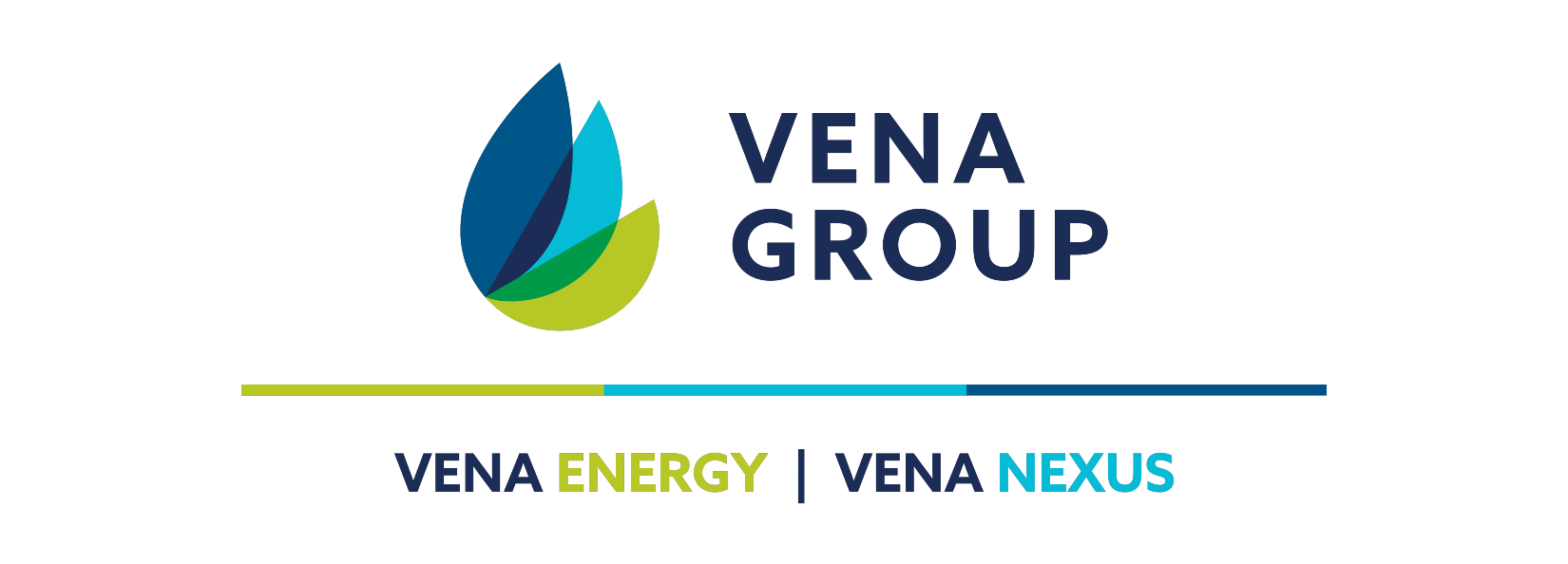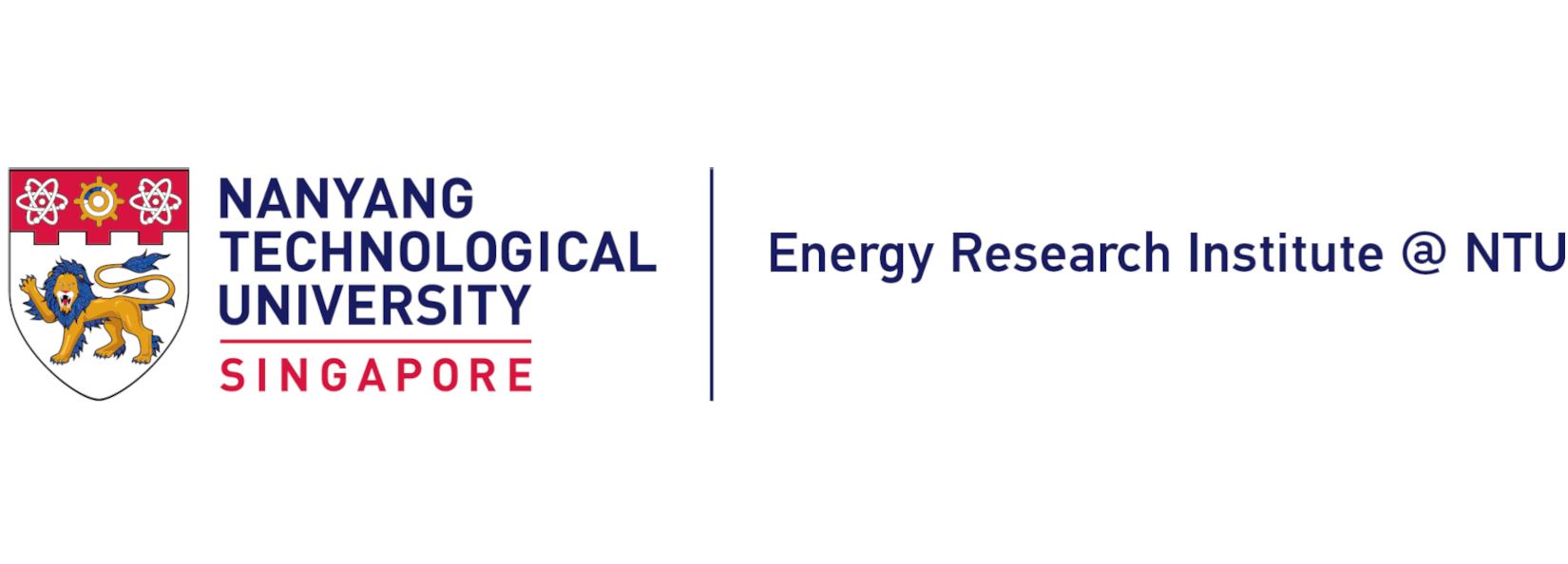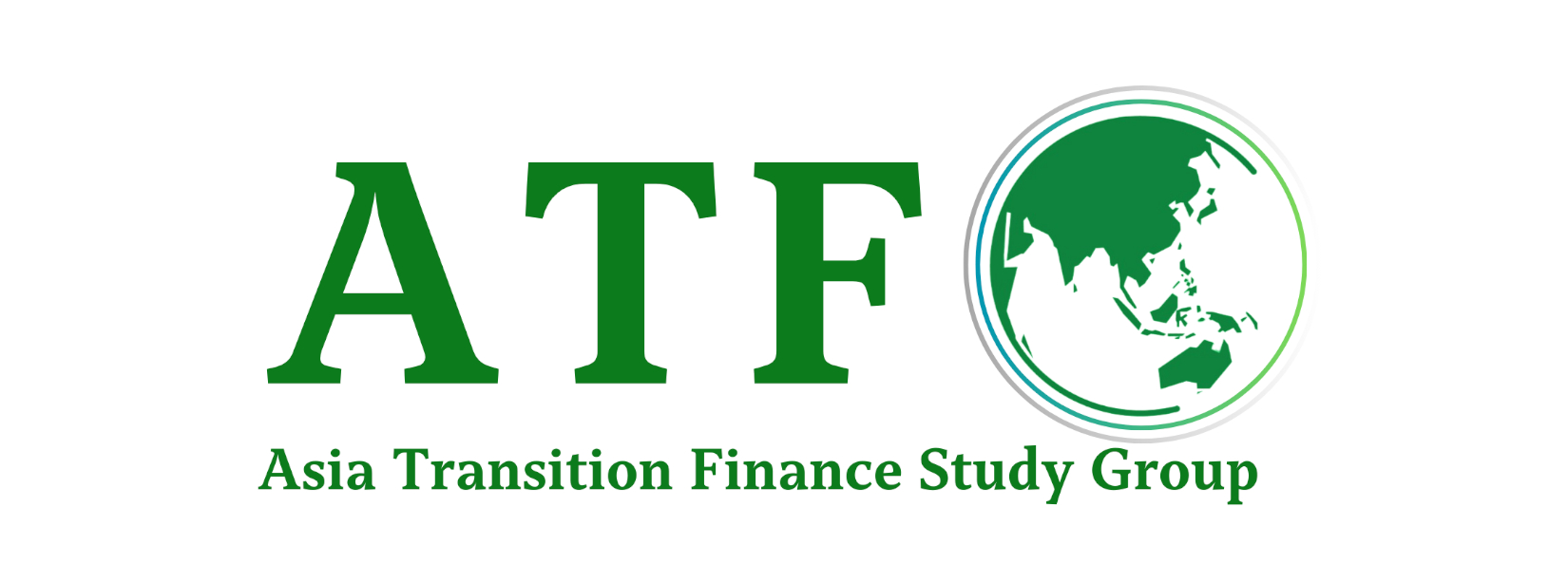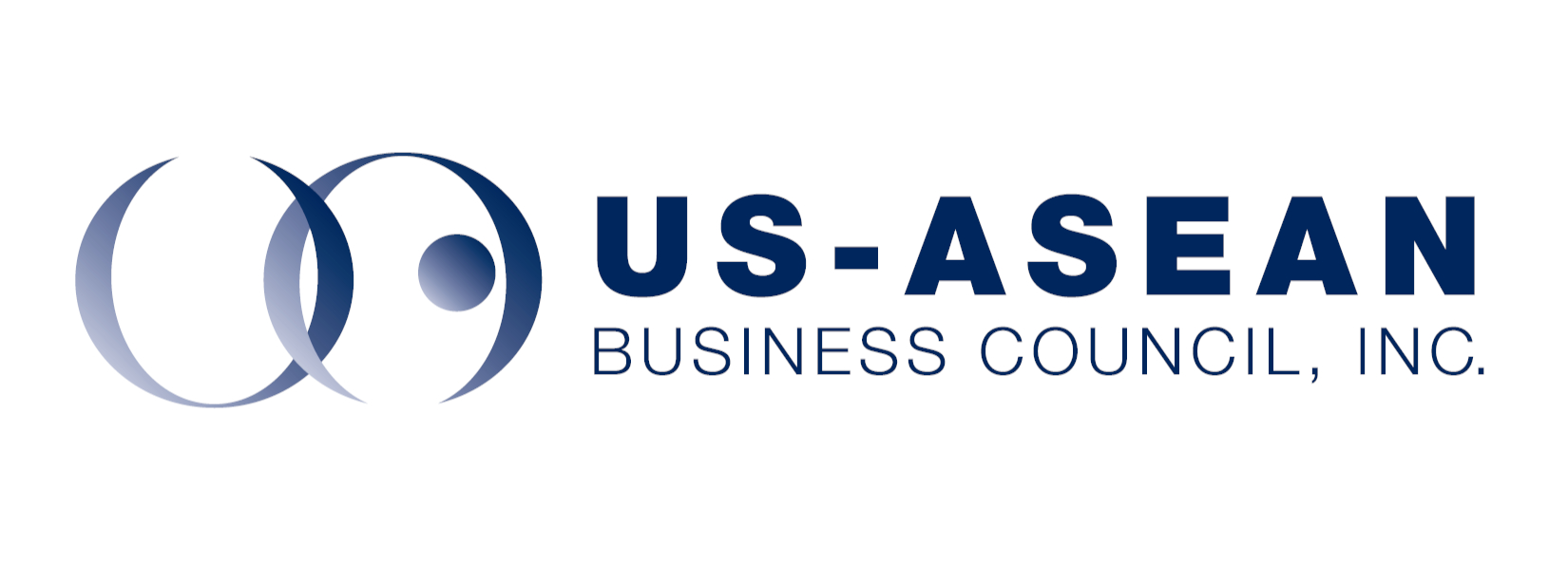Session 2 of the Singapore-IRENA High-Level Forum explored the critical socio-economic drivers for the global energy transition. Marco Aw reports
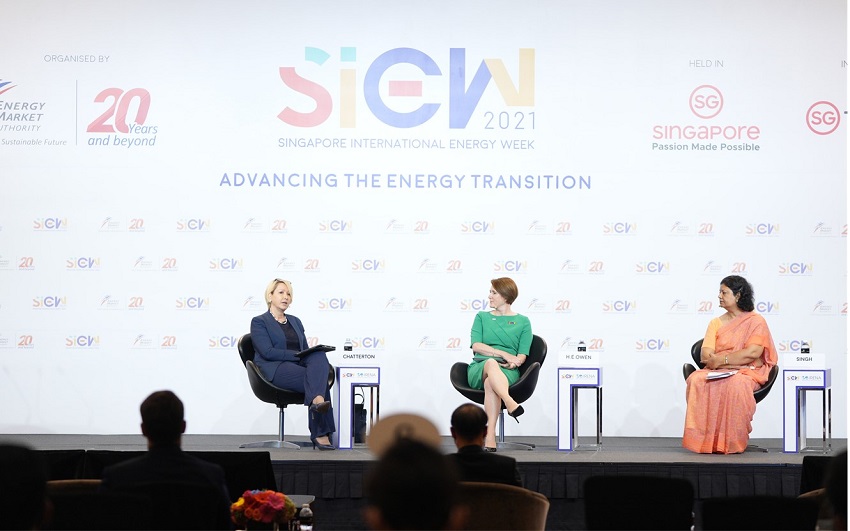
The energy transition cannot be considered in isolation. Social and economic policies, based on collaboration both within and between countries, are vital to driving an inclusive and just transition. This was the key message communicated by a distinguished panel of energy speakers at the Singapore-IRENA High-Level Forum, held in conjunction with the Singapore International Energy Week on 26 October.
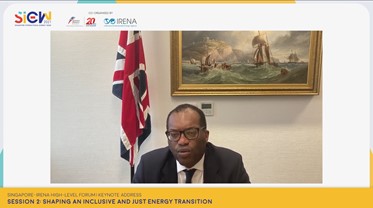
In his Keynote Address, The Rt. Hon. Kwasi Kwarteng, Secretary of State for Business, Energy and Industrial Strategy, United Kingdom, emphasised the importance of shared ambition for an inclusive and just energy transition. As ASEAN's newest dialogue partner, the UK is keen to share its knowledge and expertise with member states.
In 2020, renewables accounted for over 43% of electricity generation in the UK—the first time the country consumed more electricity from renewables than those generated by fossil fuels.
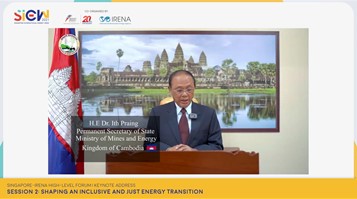
To further diversify energy sources, the Rt. Hon. Kwasi Kwarteng said a hydrogen market, established through international cooperation, will have huge potential in enhancing security for energy systems in transition. He added that the current pursuit of clean energy is not only good for sustainability, but also a boon to new economies in addressing current inequalities such as access and affordability to clean electricity.
H.E. Dr Ith Praing, Secretary of State, Ministry of Mines and Energy from the Kingdom of Cambodia, reaffirmed his country's commitment to the energy transition and combating climate change. He shared that as of 2020, village and household electrification has reached 97.4% and 81%, respectively—all made possible mainly via hydropower. In addition, Cambodia continues to progress by reviewing its energy efficiency policy and test-bedding energy storage.
H.E. Patricia Espinosa, Executive Secretary, the United Nations Framework Convention on Climate Change (UNFCCC), reiterated the need for decarbonisation and achieving net-zero carbon emissions by 2050.
She highlighted that while the world strives towards achieving this goal, the process should be just for every citizen. The energy transition must improve people's quality of livelihood, especially those in vulnerable nations. This can be fulfilled only if all governments and industries commit to a just energy transition.
Pathways to strengthening the resiliency of energy transition
Accelerating clean energy developments is high on the agenda of Thailand's energy policies. Dr Prasert Sinsukprasert, Director-General of the Department of Alternative Energy Development and Efficiency, Ministry of Energy, Kingdom of Thailand, shared how the deployment of renewables is a big part of the new national energy framework, which will set the course for the country to achieve carbon neutrality by 2065-2070.
Moderating a panel discussion, IRENA Deputy Director-General Gauri Singh posed the question of how countries can achieve a just transition, taking into account the different pathways respective countries must navigate to meet their goals.
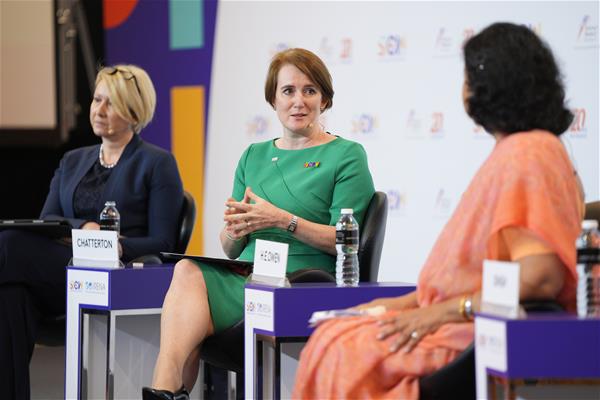
H.E. Kara Owen, High Commissioner to Singapore, United Kingdom, believes the current energy transition will be one of the most significant shifts that countries will have to make. A successful inclusion will be paramount, she said, adding that the UK is ready to share its experience from its last energy transition out of coal, and that Singapore is a key partner especially in the area of green financing.
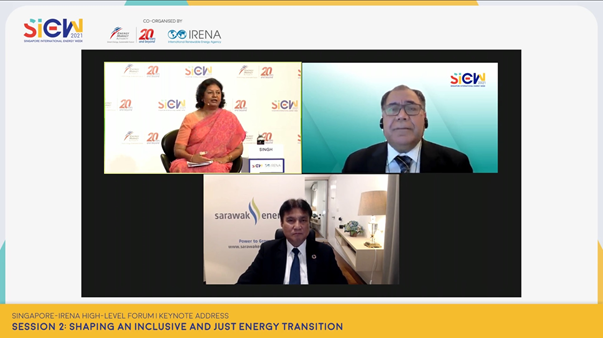
Paulo Kautoke, Senior Director, Trade, Oceans and Natural Resources, Commonwealth Secretariat, noted that energy is critical for economic growth. As such, energy access for the developing world should not be neglected.
Economies that are heavily dependent on fossil fuels will also be disproportionately affected. Mr Kautoke added that the world’s leaders should carefully weigh the socio-economic impact on these countries when pursuing energy transition.
Datu Haji Sharbini Suhaili, Group Chief Executive Officer, Sarawak Energy, echoed how formulations of energy policy cannot be considered in isolation without considering the impact on economies. Sarawak has received strong government support and private-sector investments that have led the Malaysian state to benefit tremendously from the green economy.

Also speaking at the Forum was Isabel Chatterton, Regional Industry Director, Infrastructure and Natural Resources – Asia Pacific, International Finance Corporation (IFC). She said that scaling up financing for the renewables sector, setting standards, infrastructure building and innovations are pathways to creating resiliency for the energy transition.
Stay tuned on this Live Blog or follow us on Twitter (@SIEW_sg) for updates on the day’s discussion.















